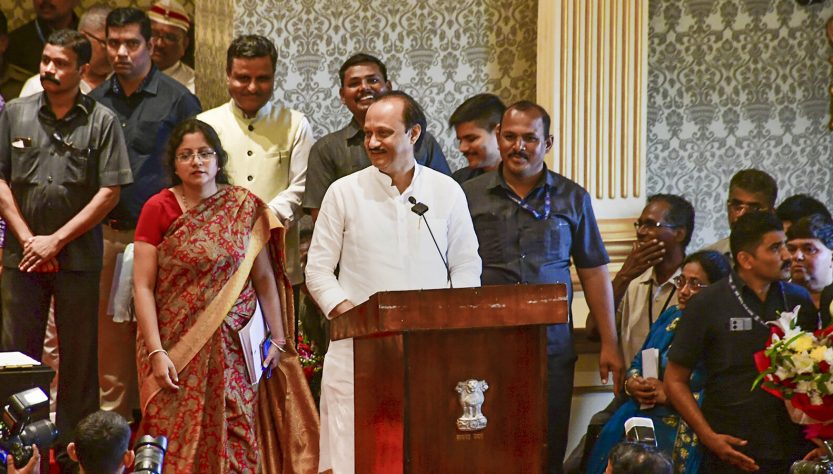Clever people know their worth and expect you to know it too. So how does a manager deal with people who are much smarter than him?
Franz Humer, the CEO and chairman of the Swiss pharmaceutical giant Roche, knows how difficult it is to find good ideas. “In my business of research, economies of scale don’t exist,” he says. “Globally today we spend $4 billion on R&D every year. In research there are not economies of scale, there are economies of ideas,” he adds in an article by Rob Goffee and Gareth Jones in Harvard Business Review.
For a growing number of companies, according to Humer, competitive advantage lies in the ability to create an economy driven not by cost efficiencies but by ideas and intellectual know-how. In practice this means that leaders have to create an environment in which what we call ‘clever people’ can thrive. These people are the handful of employees whose ideas, knowledge, and skills give them the potential to produce disproportionate value from the resources their organisations make available to them.
If clever people have one defining characteristic, it is that they do not want to be led. This clearly creates a problem for you as a leader. The challenge has only become greater with globalisation. Clever people are more mobile than ever before; they are as likely to be
based in
Contrary to what we have been led to believe in recent years, CEOs are not utterly at the mercy of their highly creative and extremely smart people. Of course, some very talented individuals artists, musicians, and other free agents can produce remarkable results on their own. In most cases, however, clever people need the organisation as much as it needs them. They cannot function effectively without the resources it provides. The classical musician needs an orchestra; the research scientist needs funding and the facilities of a first class laboratory. They need more than just resources, however; as the head of development for a global accounting firm put it, your clever people “can be sources of great ideas, but unless they have systems and discipline they may deliver very little.”
That is the good news. The bad news is that all the resources and systems in the world are useless unless you have clever people to make the most of them. Worse, they know very well that you must employ them to get their knowledge embedded. In clever people’s minds and networks, all it would need is a better knowledge-management system. The failure of such systems to capture tacit knowledge is one of the great disappointments of knowledge-management initiatives to date.
The attitudes that clever people display toward their organisations reflect their sense of self-worth. They tend to be scornful of the language of hierarchy. Although they are acutely aware of the salaries and bonuses attached to their work, they often treat promotions with indifference or even contempt. So don’t expect to lure or retain them with fancy job titles and new responsibilities. They will want to stay close to the ‘real work’, often to the detriment of relationships with the people they are supposed to be managing. This doesn’t mean they don’t care about status—they do. The same researcher who affects not to know his job title may insist on being called ‘doctor’ or ‘professor’. The point is that clever people feel they are part of an external professional community that renders the organizational chart meaningless. Not only do they gain career benefits from networking, but they construct their sense of self from the feedback generated by these extra-organizational connections.
This indifference to hierarchy and bureaucracy does not make clever people politically naive or disconnected. Most clever people are quick to recognise insincerity and respond badly to it. David Gardner, the COO of worldwide studios for Electronic Arts, knows this because he oversees a lot of clever people. EA has 7200 employees worldwide developing interactive entertainment software derived from FIFA Soccer, The Sims, The Lord of the Rings, and Harry Potter, among others. “If I look back at our failures,”
7 TRUTHS ABOUT CLEVER PEOPLE
They know their worth
They know how to work their way around in an organisation
They ignore corporate hierarchy
They expect instant access
They are well connected
They get bored easily
They won’t thank you



No comments:
Post a Comment